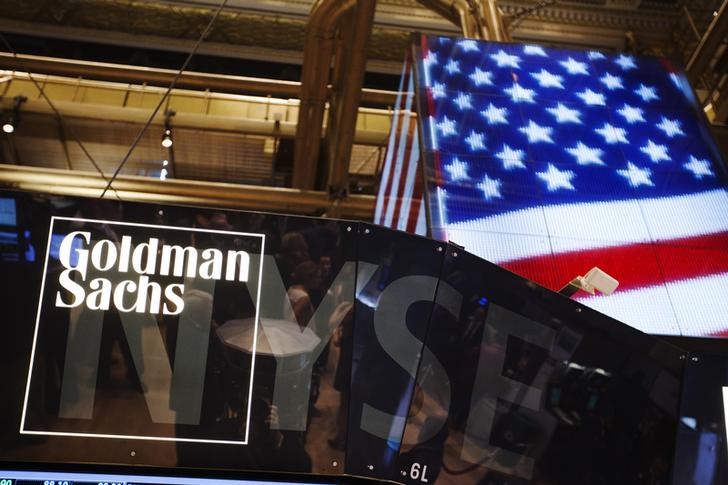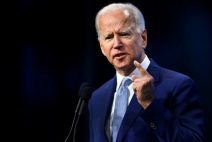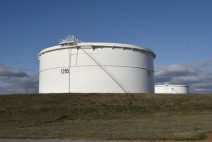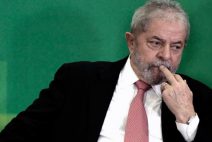Strong pick-up in fuel demand in China and flattish supply from other producers will push the oil market into deficit in the second half of this year, leading OPEC to reverse its production cut at the June meeting, analysts at Goldman Sachs said.
OPEC+, comprising the Organization of the Petroleum Exporting Countries (OPEC) and allies such as Russia, agreed in October to cut oil production targets by 2 million barrels per day (bpd) until the end of 2023.
The bank said in a note that it expects oil prices to rise gradually to $100 per barrel by December, assuming OPEC increases output by 1 million barrels per day in the second half.
However, if OPEC were to stay put, then Brent would likely reach $107 per barrel in December, and keep grinding higher thereafter, it said.
This month, Saudi Energy Minister Prince Abdulaziz bin Salman said the current OPEC+ deal on oil output would be locked in until the end of the year, adding he remained cautious on Chinese demand forecasts.
Russia plans to reduce its crude oil production in March by 500,000 barrels per day (bpd), or about 5% of output.
On Monday, Brent LCOc1 was trading around $83 a barrel, while U.S. crude futures (WTI) CLc1 traded around $76. O/R
Goldman Sachs lowered its Brent price forecast for the second quarter to $90 per barrel from $105 per barrel.
"While OPEC has historically raised production when US demand boomed, it has tended to respond cautiously to domestic demand pulls out of China," the bank said.





















